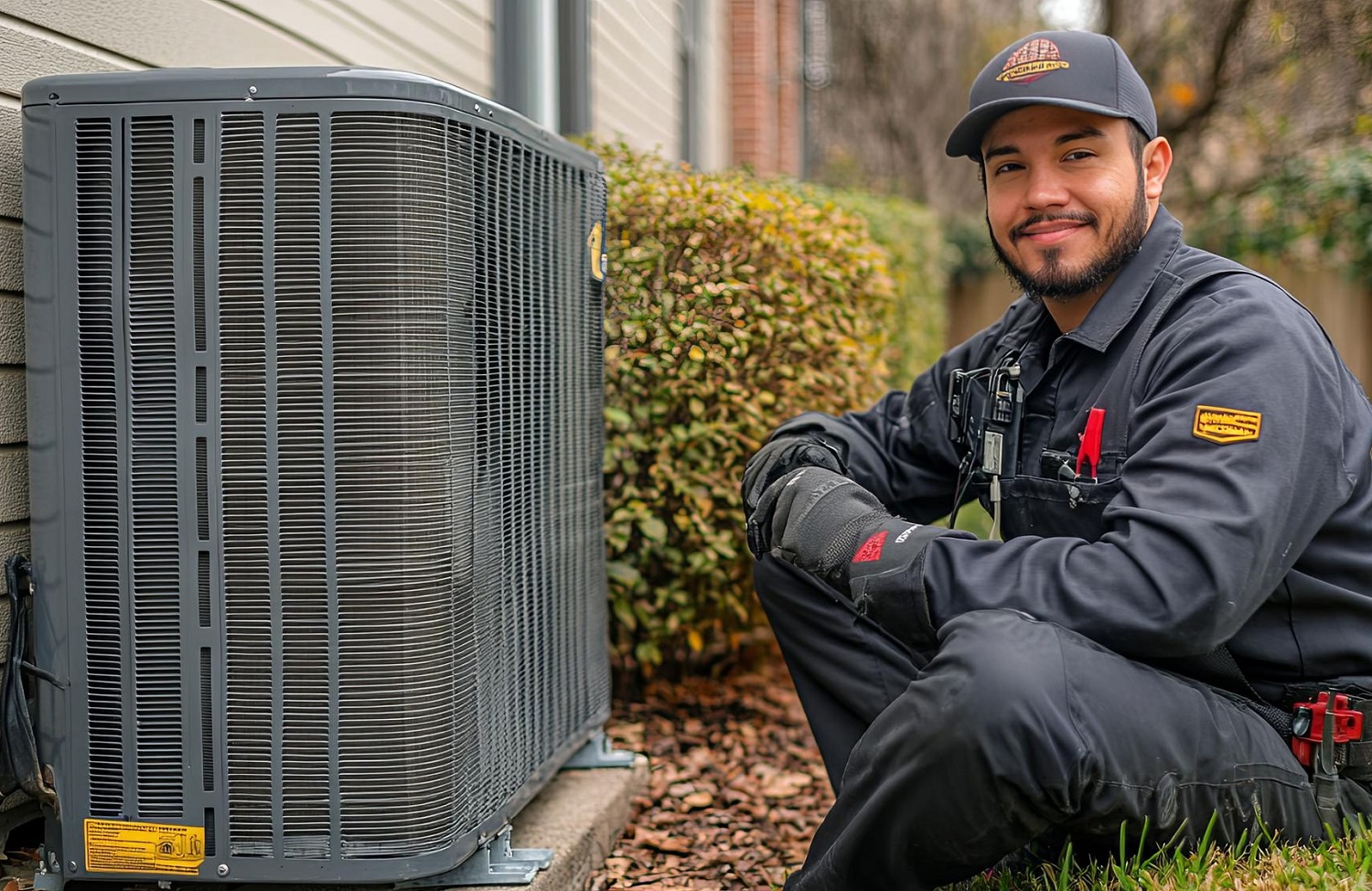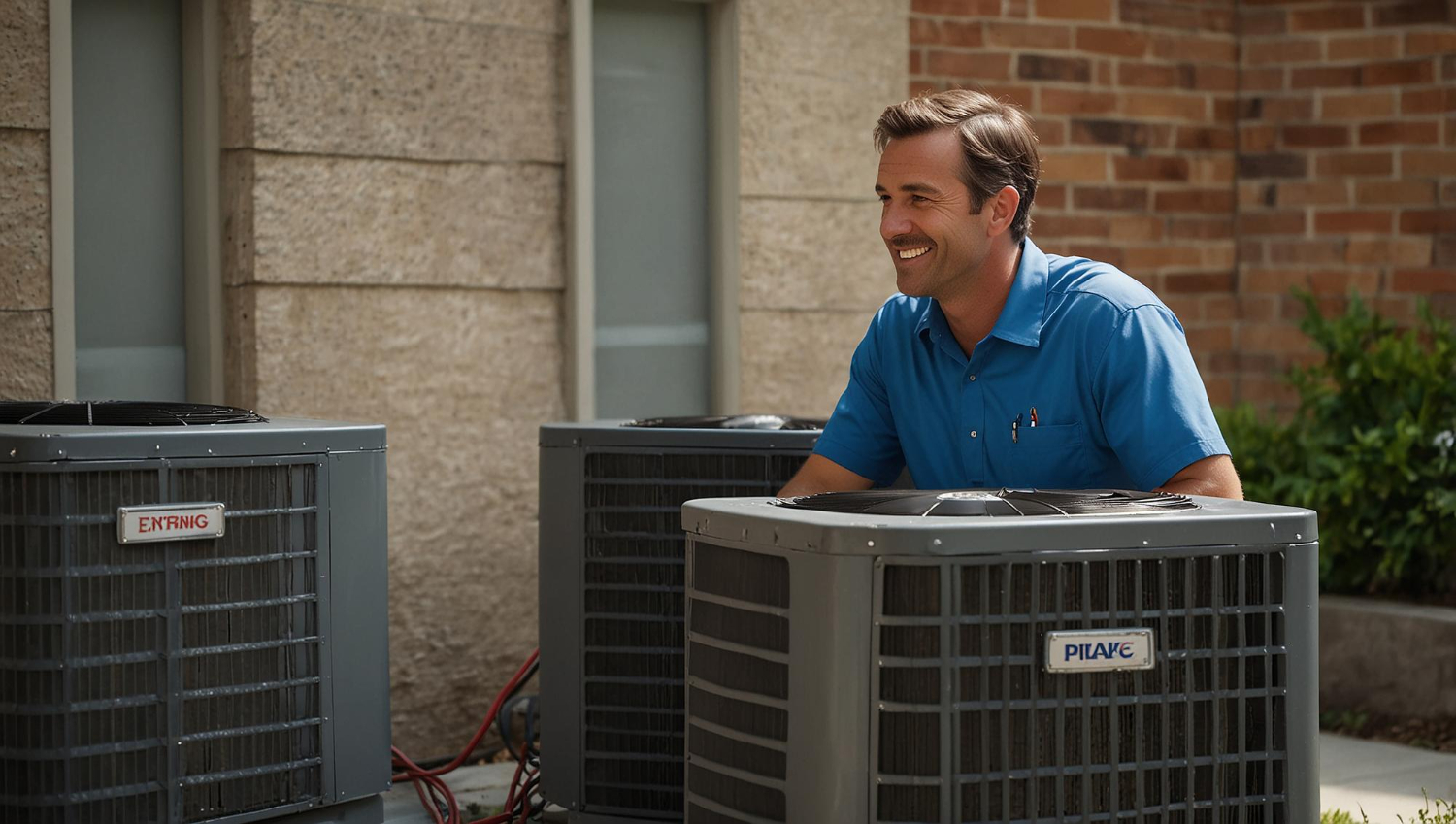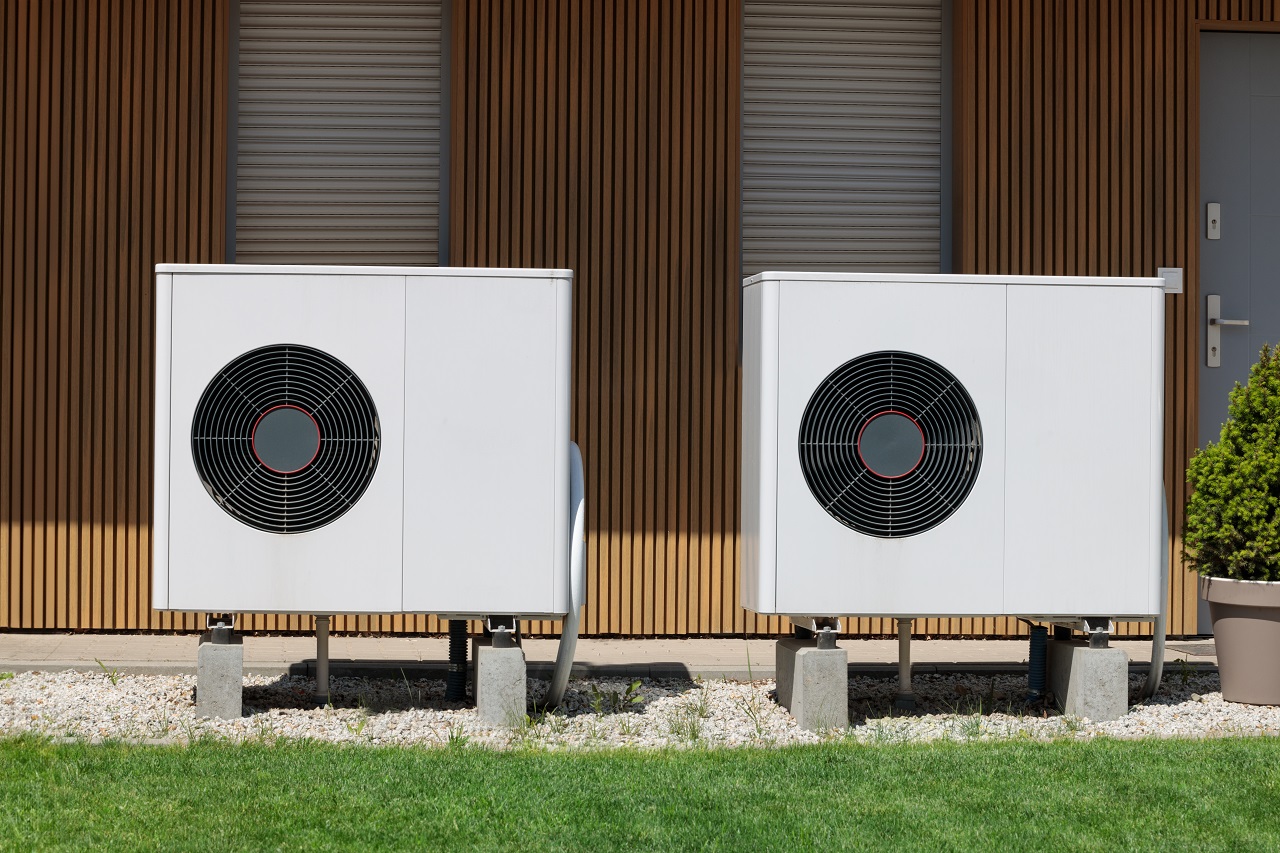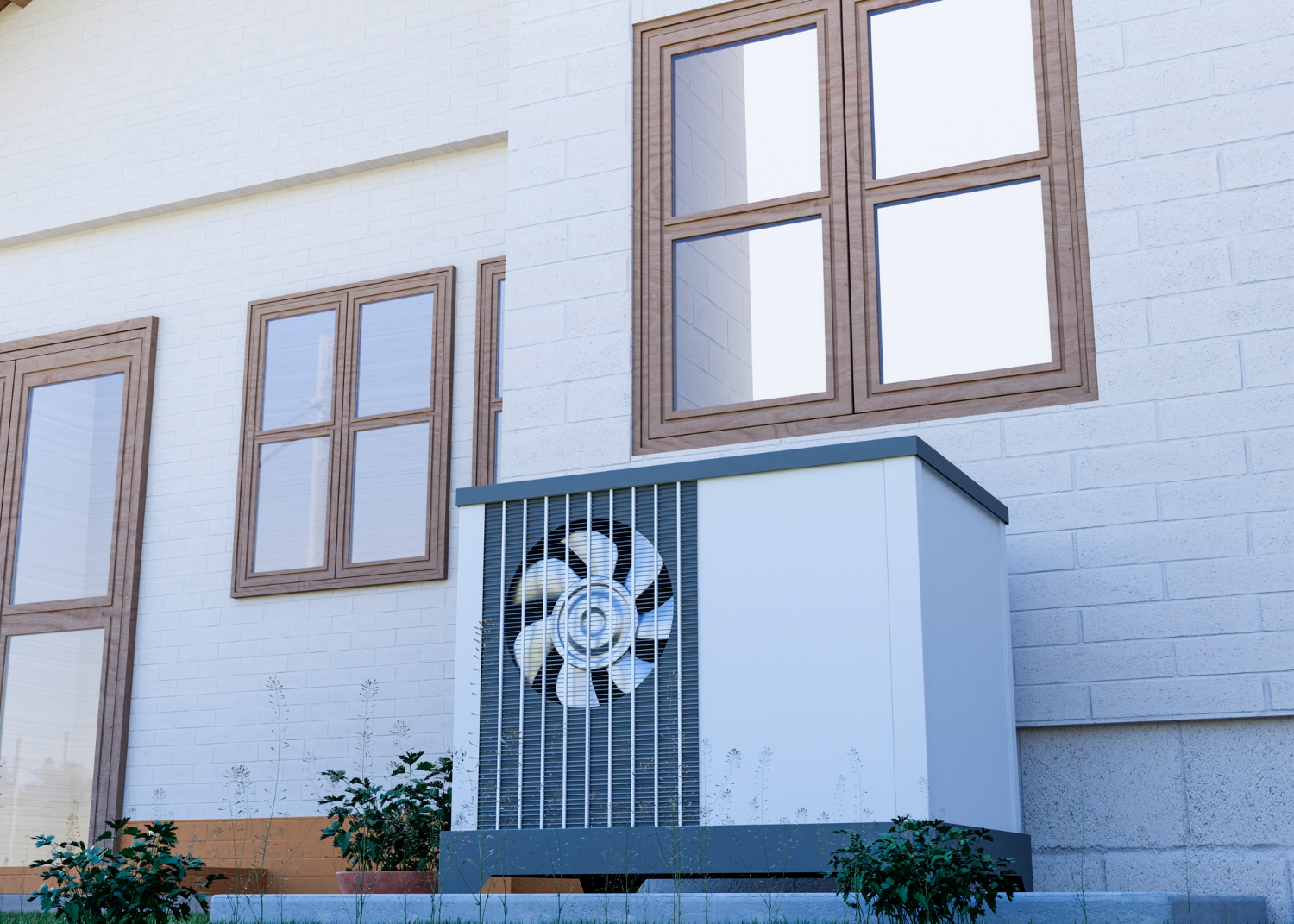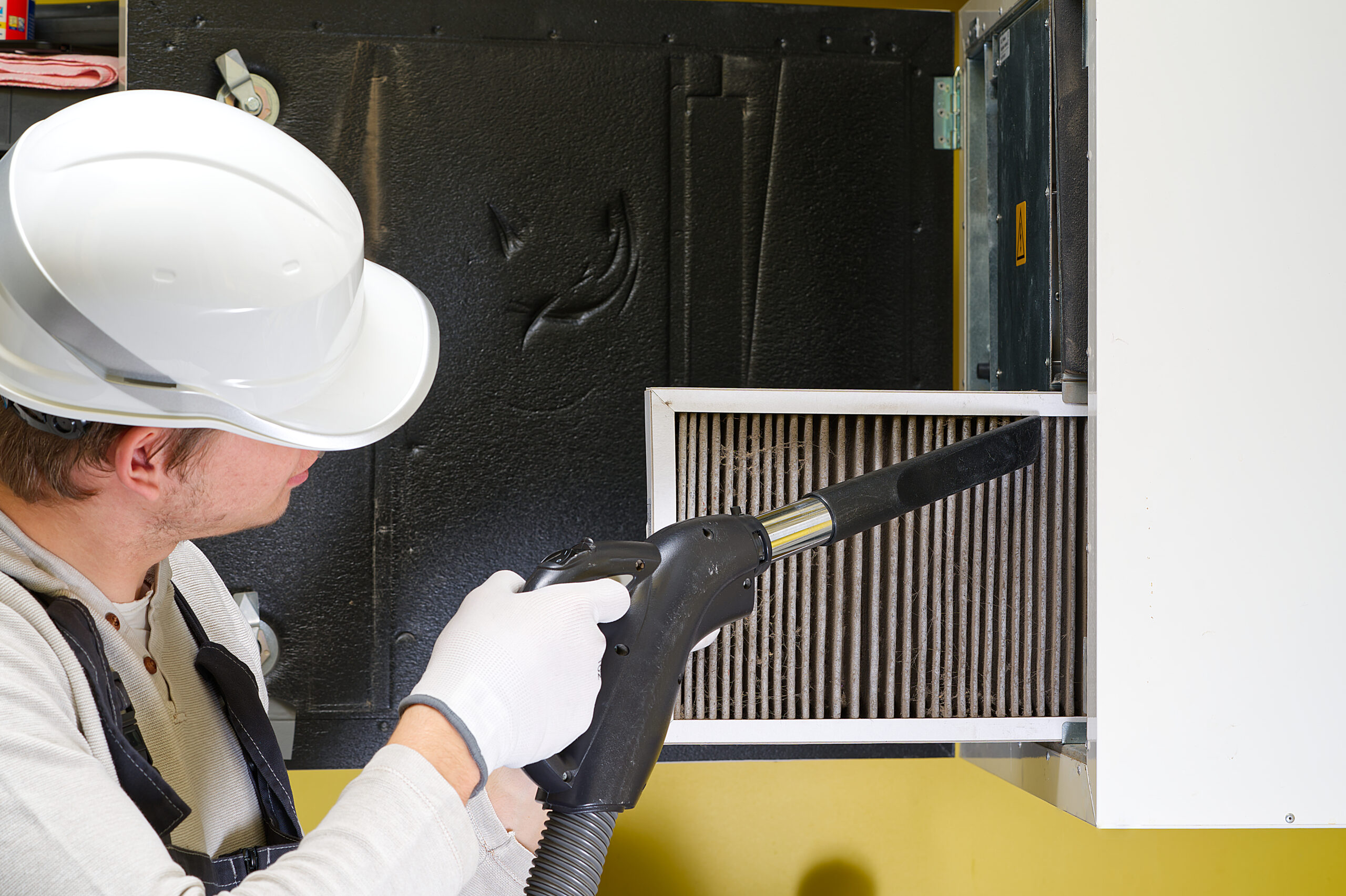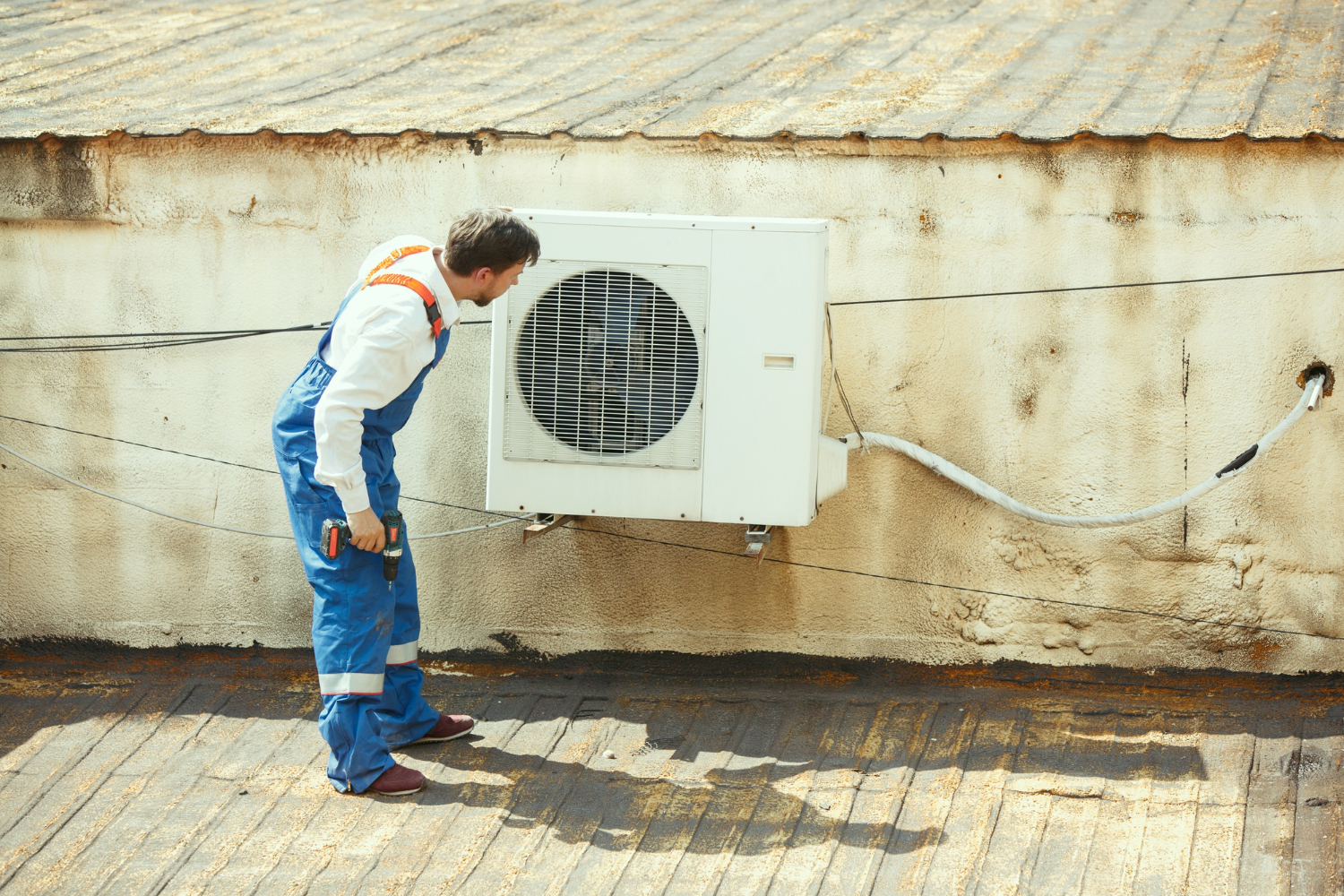Energy efficiency plays a crucial role in modern HVAC Installation Service, helping homeowners and businesses reduce their carbon footprint while lowering energy costs. As heating, ventilation, and air conditioning (HVAC) systems consume a significant amount of energy, optimizing efficiency can lead to substantial savings and environmental benefits.
In the past, HVAC systems were primarily designed with a focus on performance and comfort, often overlooking energy consumption. However, with rising energy costs and growing concerns about climate change, energy efficiency has become a top priority in HVAC technology and installation. Upgrading to energy-efficient HVAC systems and ensuring professional installation can lead to significant long-term benefits, including reduced energy bills, a lower environmental impact, and improved indoor air quality.
Moreover, many governments and utility companies now offer incentives for homeowners and businesses that invest in energy-efficient HVAC systems, making it a financially smart decision. High-efficiency units use advanced technologies such as variable speed motors, smart thermostats, and zoning systems to optimize energy use without compromising comfort.
This blog will explore the importance of energy-efficient HVAC systems, key factors affecting efficiency, and how professional HVAC Installation Service ensures optimal performance. By understanding these elements, property owners can make informed decisions that enhance their comfort while reducing costs and contributing to a more sustainable future.
The Importance of Energy Efficiency in HVAC Systems
Energy efficiency in HVAC systems translates to better performance, reduced energy bills, and increased sustainability. A well-designed, properly installed HVAC system can cut energy usage by 20-50%, making a noticeable difference in both residential and commercial spaces.
Benefits of Energy-Efficient HVAC Systems
Lower Utility Costs: Energy-efficient HVAC systems consume less power, resulting in reduced monthly utility bills.
Enhanced Comfort: Advanced systems maintain consistent indoor temperatures and improve air quality.
Environmental Impact: Reduced energy consumption leads to lower greenhouse gas emissions.
Longevity: Efficient HVAC systems experience less wear and tear, extending their operational lifespan.
Government Incentives: Many energy-efficient HVAC upgrades qualify for tax credits and rebates.
Professional HVAC Installation Service ensures that customers maximize these benefits by selecting the right system for their needs.
Key Factors Affecting HVAC Energy Efficiency
Several factors determine the energy efficiency of an HVAC system, from the type of equipment to installation quality and regular maintenance.
1. Proper Sizing of the HVAC System
A system that is too large or too small for the space will struggle to operate efficiently. Oversized units short-cycle, leading to increased energy use and uneven heating or cooling. Conversely, undersized units run continuously, straining components and inflating energy costs.
2. High-Efficiency HVAC Equipment
Modern HVAC systems are rated for efficiency using metrics like the SEER (Seasonal Energy Efficiency Ratio) and AFUE (Annual Fuel Utilization Efficiency). Choosing high-efficiency equipment recommended by professional HVAC Installation Service ensures optimal performance.
3. Quality Installation
Proper installation is crucial for efficiency. Issues like incorrect ductwork, poor refrigerant levels, or improper airflow settings can lead to significant energy waste. Trusting a certified HVAC Installation Service ensures that the system is set up for peak performance.
4. Smart Thermostat Integration
Smart thermostats allow homeowners to automate heating and cooling based on occupancy patterns. These devices optimize temperature control, preventing unnecessary energy consumption.
5. Regular Maintenance
Routine inspections and maintenance, such as cleaning filters, checking refrigerant levels, and sealing ducts, are vital for maintaining efficiency over time.
The Role of Professional HVAC Installation Services
Investing in a professional HVAC Installation Service ensures that customers receive a system tailored to their needs while maximizing efficiency. Here’s how expert installation contributes to energy efficiency:
Accurate Load Calculation
Technicians perform detailed calculations to determine the correct system size based on home layout, insulation, and climate conditions. This prevents inefficiencies related to over- or under-sizing.
Proper Ductwork Design and Sealing
Duct leaks can lead to a 20-30% energy loss. A professional HVAC Installation Service ensures properly sealed and insulated ducts to prevent air leaks and energy waste.
Efficient Equipment Selection
HVAC professionals recommend high-efficiency models that meet ENERGY STAR® standards, providing customers with reliable and cost-effective options.
Optimized System Configuration
Proper configuration, including correct airflow settings, refrigerant levels, and thermostat calibration, ensures maximum efficiency from day one.
How Homeowners Can Improve HVAC Energy Efficiency
While professional HVAC Installation Service plays a crucial role in energy efficiency, homeowners can take additional steps to enhance performance:
Seal Windows and Doors: Preventing air leaks reduces strain on HVAC systems.
Use Ceiling Fans: Proper air circulation allows HVAC systems to work less.
Upgrade to a Programmable Thermostat: Adjusting temperatures when not home can significantly cut energy use.
Replace Air Filters Regularly: Dirty filters restrict airflow and reduce efficiency.
Schedule Annual HVAC Tune-Ups: Regular check-ups help identify potential issues before they become costly problems.
Conclusion
Energy efficiency is a key factor in any HVAC Installation Service, ensuring reduced energy consumption, lower costs, and environmental sustainability. By choosing professional installation, selecting high-efficiency equipment, and maintaining the system properly, homeowners can optimize their HVAC performance for years to come.
Investing in energy-efficient solutions today provides immediate and long-term benefits. Not only does an energy-efficient HVAC system reduce monthly utility bills, but it also minimizes environmental impact by lowering carbon emissions. Additionally, high-efficiency systems often require less maintenance and experience fewer breakdowns, leading to lower repair costs over time.
Beyond financial savings, an energy-efficient HVAC system enhances indoor comfort by maintaining consistent temperatures and improving air quality. Smart thermostats and zoning capabilities further optimize heating and cooling, ensuring that energy is not wasted in unoccupied areas of the home.
Furthermore, property owners who invest in energy-efficient HVAC solutions may increase their home’s resale value, as energy efficiency is an attractive feature for potential buyers. With advancements in HVAC technology and growing emphasis on sustainability, upgrading to an energy-efficient system is a proactive and responsible choice.
Ultimately, a professional HVAC Installation Service helps homeowners and businesses maximize efficiency, comfort, and cost savings, making it a worthwhile investment for a more sustainable future.




